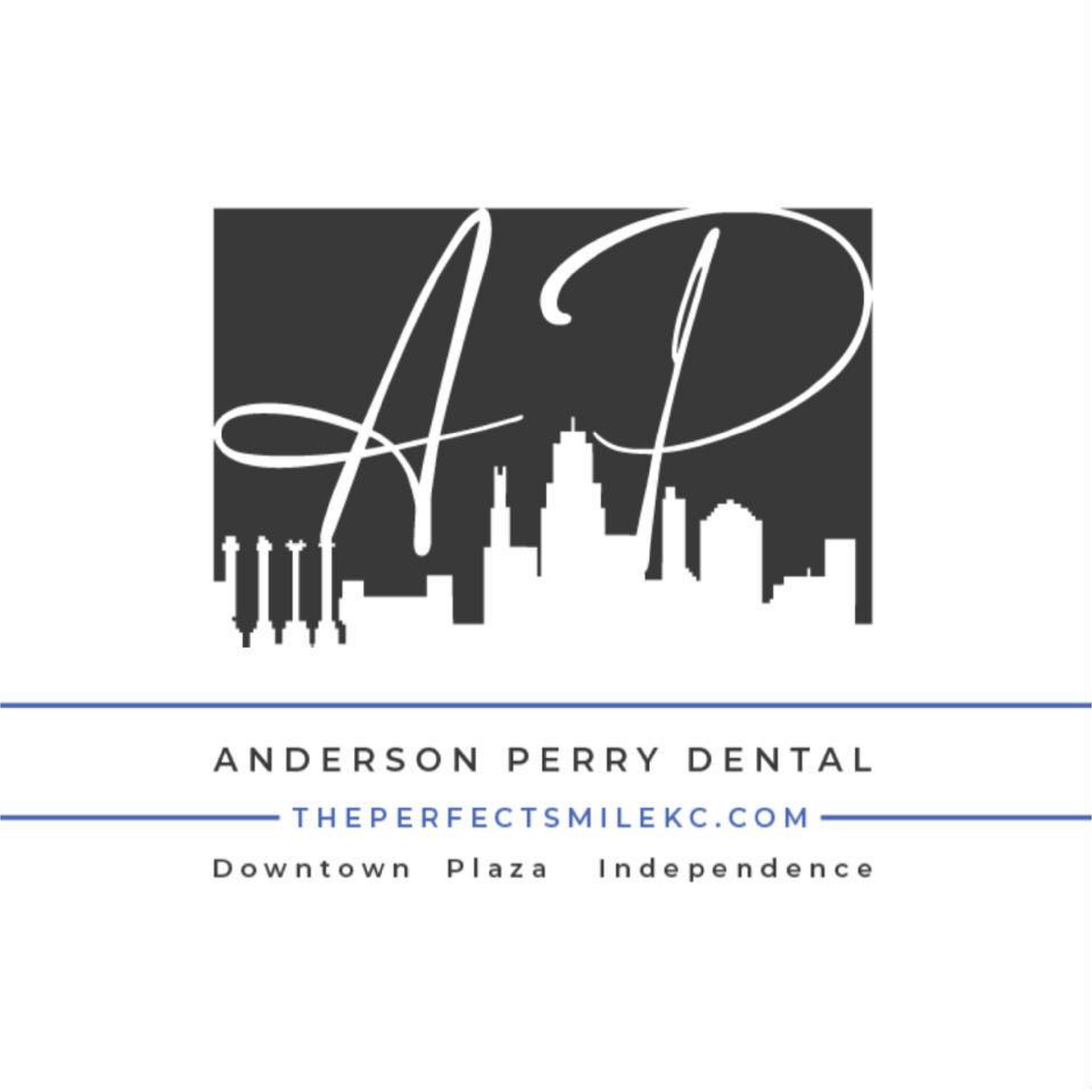FSA Q&A: Let’s Chat About What IS and what is NOT Covered

FSA Q&A: Do you have questions about your Flexible Spending Account?
We talk a lot about dental insurance benefits and want to remind you to call our office at 816-373-4440 to schedule your dental exam or any dental treatments that you’ve been putting off, since your deadline is December 31st. We want everyone to MAXIMIZE their benefits and we are happy to help you double check your available benefits … just give us a call! Check out this article, Use It OR Lose It: Dental Insurance Benefits End Soon, for more information.
In this article, we want to answer some frequently asked questions about your flexible spending account (FSA), because it will EXPIRE on December 31st too! You can also learn more with one of our previous blogs titled: Use It OR Lose It: Don’t Forget Your Flexible Spending Account.
Q. What does FSA stand for?
A. Flexible Spending Account
A flexible spending account (FSA) is a type of savings account that provides the account holder with specific tax advantages. An FSA, sometimes called a “flexible spending arrangement,” is set up by an employer for an employee.
You can use funds in your FSA to pay for certain medical and dental expenses for you, your spouse if you’re married, and your dependents. You can spend FSA funds to pay deductibles and copayments, but not for insurance premiums.
Q. How does Flexible Spending Accounts work?
A. A flexible spending account is an account you use to save on taxes and pay for qualified expenses. Only you and your employer can put money in an FSA, up to a limit set each year by the IRS. FSAs are a “use it or lose it” account; your employer can keep funds you haven’t used by the end of the year.
Q. Can you use flexible spending for dental?
A. You can use funds in your FSA to pay for certain medical and dental expenses for you, your spouse if you’re married, and your dependents. You can spend FSA funds to pay deductibles and copayments, but not for insurance premiums.
Dental insurance premiums are not eligible on a flexible spending account (FSA) and may be eligible with a health reimbursement arrangement (HRA) or health savings account (HSA), unless already paid for with pre-tax dollars. Check with your benefits administrator as to which premiums will qualify.
Q. What does FSA cover for dental?
A. A regular visit to your dentist for preventative care including cleanings, fluoride treatments or even fillings. – More complicated oral surgery procedures: dental reconstruction, root canals, implants and tooth removal. -Co-pays. – Implants, dentures, bridges, and occlusal guards to prevent teeth grinding.
Q. Is Invisalign covered by FSA?
A. Invisalign orthodontics are eligible with a general medical flexible spending account (FSA), as well as a limited care flexible spending account (LCFSA).
Q. Does FSA pay for teeth whitening?
A. Funds from a flexible spending account (FSA) cannot be used for teeth whitening expenses. The U.S. Internal Revenue Service (IRS) issued Publication 502, Medical and Dental Expenses, which specifically excludes various medical expenses spent on unnecessary cosmetic procedures, such as teeth whitening.
Q. Are toothbrushes FSA eligible?
A. Toothbrush: FSA Eligibility. Toothbrushes are not eligible for reimbursement with flexible spending accounts (FSA), health savings accounts (HSA), health reimbursement accounts (HRA), dependent care flexible spending accounts, and limited care flexible spending accounts (LCFSA) because they are general health products.
Q. Is it worth having a flexible spending account?
A. Yes, as long as you have somewhat predictable medical expenses each year, and/or dependent care expenses. You can expect to save around 20- 25% in taxes on every dollar you put in. As your income rises, your savings increase.
Q. What is the benefit of having a flexible spending account?
A. A Flexible Spending Account (FSA) lets employees take home a larger paycheck by reducing their taxable income. Employees enrolled contribute tax-free dollars into an account that can be used throughout the year on qualified medical, dental and vision or qualified dependent care expenses — reducing out-of-pocket costs.
Q. Can you withdraw money from a flexible spending account?
A. You can take out money whenever you need it to cover qualified expenses. You can use a debit card, also known as the Flexcard, to withdraw money directly from your FSA. You’ll have to prove or pay all transactions on an FSA debit card.
Q. What happens to my FSA if I quit my job?
A. When your employment ends, you can no longer participate in the company’s flexible-spending program and forfeit any unused funds, either immediately or at the end of the month. At the very least, ensure you’ve used up the money you have contributed to your FSA so that you don’t end up losing it before you leave.
Q. Can my spouse use my FSA if not on my insurance?
A. Yes, the FSA does not require that your dependents be covered under your health insurance plan. You can use your account to pay for eligible health care expenses for your family, regardless of the health insurance plan in which they are enrolled.
Q. Do you lose FSA money if you don’t use it?
A. FSA dollars work on a use-it-or-lose-it provision. If you don’t use your FSA money by December 31 of each year (or March 15 of the new year for many), you lose it.
Q. Can you use FSA for prior year expenses?
A. No, expenses must be incurred during the current plan year.
We Can Help You MAXIMIZE Your Dental Insurance & FSA Benefits
We hope this FSA Q&A has helped answer some questions. Of course, if you have specific questions, please contact your dental insurance provider or your FSA administrator to discuss.
Don’t wait any longer … give us a call at 816-373-4440 to schedule an appointment for you or your family. Whether you need a dental exam and cleaning or have dental treatment that you’ve been putting off, we’re ready to help you!! Our professional team can help you maximize your benefits, so you don’t lose them!!
Schedule your appointment to meet with any of our skilled dentists at one of our three conveniently located dental office locations within the Kansas City area, including Lee’s Summit / Independence, the Country Club Plaza and Downtown Kansas City. The gentle dentists and expert team at Thomas L. Anderson and Associates look forward to working with you to treat your dental emergency, achieve proper oral health and a beautiful smile that will last a lifetime. If you have any questions about your dental insurance benefits, please do not hesitate to contact us. We are happy to review your policy! Please give us a call today to schedule an appointment and become part of our dental family.
